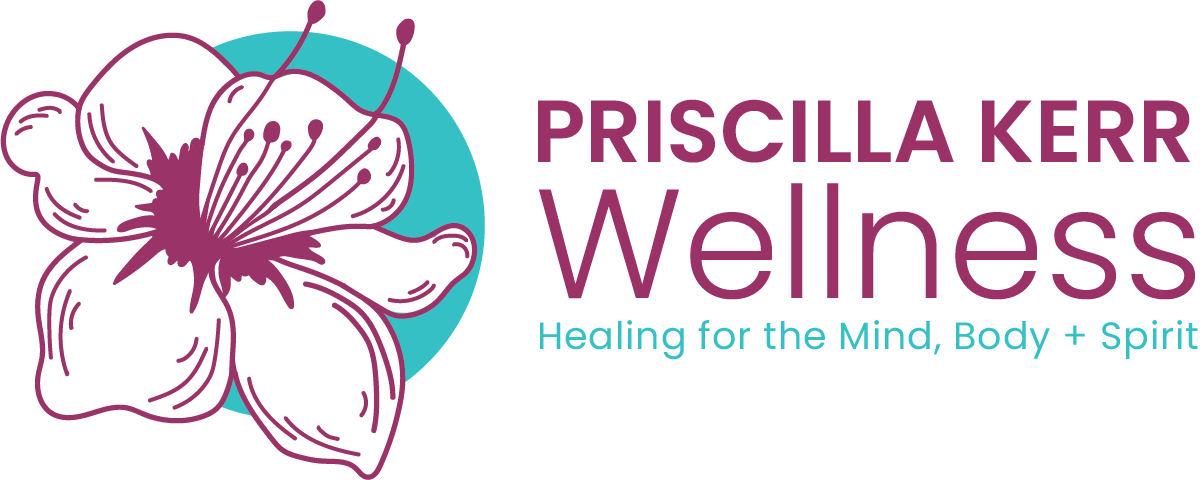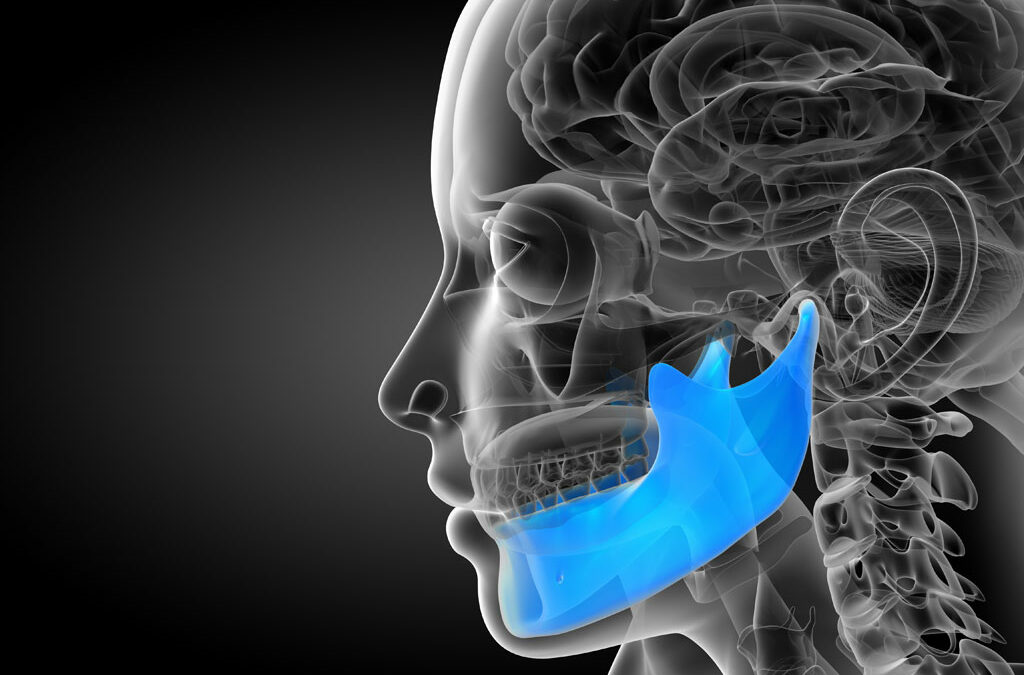Temporomandibular joint (TMJ) disorder, often referred to simply as “TMJ,” affects the joints that connect your upper and lower jaw. As one of the most complex joints in the human body, the TMJ is prone to dysfunction and pain—commonly caused by stress, dental issues, misalignment, or neuromuscular problems. Fortunately, acupuncture for TMJ has emerged as a safe, holistic, and effective treatment option for many sufferers.
What Is TMJ Disorder?
TMJ disorder (also called TMD) can result from jaw misalignment, teeth grinding (bruxism), arthritis, jaw injury, or chronic stress. Common TMJ symptoms include:
- Jaw pain or tenderness
- Clicking, popping, or locking of the jaw
- Headaches or migraines
- Facial pain
- Neck and shoulder tension
- Difficulty chewing
Why Choose Acupuncture for TMJ Pain Relief?
Acupuncture offers a drug-free solution to managing TMJ symptoms by addressing both physical and emotional triggers. While conventional treatments like muscle relaxants, anti-inflammatories, or corticosteroid injections can provide short-term relief, acupuncture targets the root causes of TMJ disorder—such as muscle tension, inflammation, and stress.
Scientific Support for Acupuncture in TMJ Treatment
Multiple studies support the effectiveness of acupuncture for TMJ:
- A 2007 study found significant pain reduction in patients with TMJ-related myofascial pain after acupuncture treatment.
- A UK-based study of 70 dental patients showed 85% experienced relief, with an average 75% reduction in pain.
- A 2008 long-term study reported lasting improvements 18 to 20 years after treatment using acupuncture and/or dental appliances like bite splints.
How Acupuncture Helps with TMJ Symptoms
Acupuncture works by stimulating specific acupoints on the body—many located on or near the jaw, neck, and head. These needles activate the nervous system, improve blood flow, and trigger the release of natural painkillers like endorphins and neurotransmitters. Additionally, acupuncture helps regulate the body’s internal energy (Qi), reducing muscle tension and promoting relaxation.
Common acupuncture points for TMJ relief include:
- ST-6 and ST-7 (jaw region)
- SI-18 and LI-4 (face and hand)
- GV-20 and GB-20 (head and neck)
- BL-10 (upper neck)
What to Expect from Acupuncture for TMJ
Acupuncture sessions typically last 30 minutes, with weekly treatments recommended. While mild cases may improve after 4 sessions, chronic TMJ disorders may require 6 or more treatments for lasting relief.
Your acupuncturist may also recommend complementary lifestyle changes, including:
- Stress management techniques (e.g., meditation, breathing exercises)
- Diet adjustments to reduce inflammation
- Use of night guards or bite plates for teeth grinding
- Jaw-stretching or posture correction exercises
Long-Term Benefits of Acupuncture for TMJ
Unlike pharmaceutical treatments that only mask symptoms, acupuncture addresses both the physical and emotional aspects of TMJ. By helping to regulate the nervous system and reduce chronic tension, acupuncture offers a sustainable path to healing—without the risk of side effects.
What Is Acupuncture?
Acupuncture is a form of Traditional Chinese Medicine (TCM) that dates back over 3,000 years. It works by inserting thin, sterile needles into specific points along energy channels (meridians) to rebalance the flow of Qi (energy). This process promotes healing, reduces pain, and supports overall well-being.
In Western terms, acupuncture has been shown to stimulate the nervous system and increase the release of pain-relieving chemicals like endorphins and serotonin.
Understanding the Root Causes of TMJ Disorder
TMJ dysfunction can be triggered by various factors, including:
- Jaw trauma or injury
- Poor dental alignment or bite issues
- Chronic teeth grinding or clenching
- Stress-induced muscle tension
- Inflammatory conditions like arthritis
Early intervention is key. Left untreated, TMJ disorder can worsen and lead to more severe complications such as chronic headaches, sleep disturbances, or hearing issues.
Conclusion: Is Acupuncture Right for Your TMJ?
If you’re struggling with TMJ pain, acupuncture offers a natural, evidence-based alternative to medication or invasive procedures. It’s safe, effective, and tailored to your body’s unique needs. Consult with a licensed acupuncturist to develop a personalized treatment plan and take your first step toward lasting TMJ relief.

